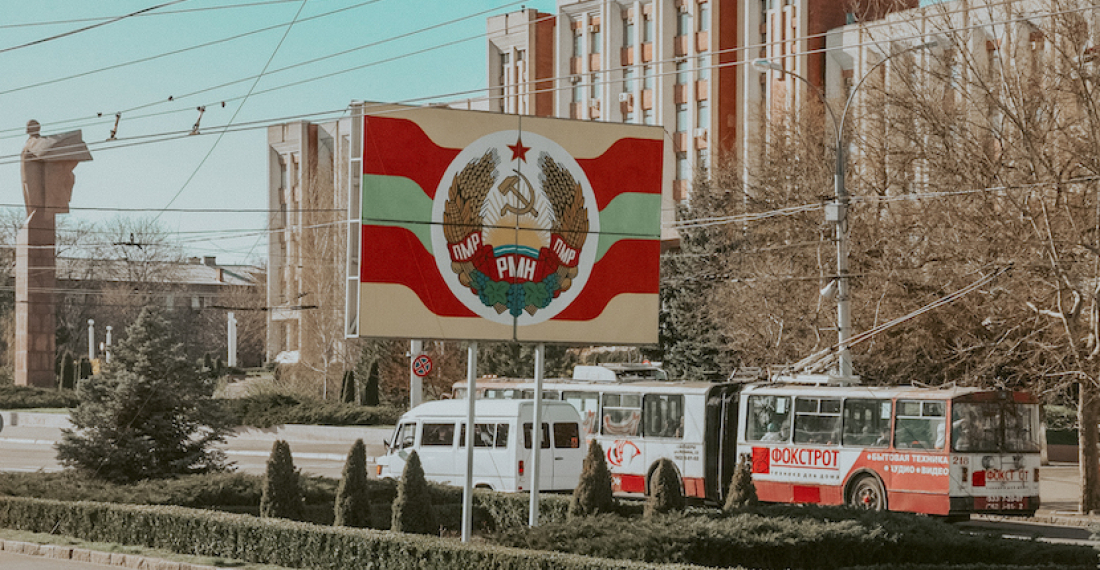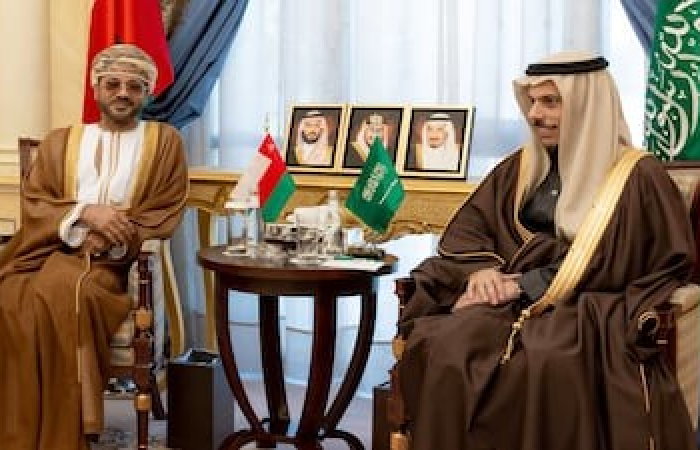Following last week's swearing-in of the new president of Moldova, Maia Sandu, speculation has increased about the future of talks with the country's break-away region of Transnistria. Sandu is expected to discuss the issue with the Ukrainian leadership when she pays her first official visit overseas as president, visiting Kiev. Sandu has already made it clear she wants Russian troops in Transnistria to leave.
The Russian newspaper Nezavisimaya Gazeta this morning gave an overview from Moscow on how things are likely to proceed.
The newspaper said that Transnistria’s de facto President, Vadim Krasnoselsky, has stated he is ready for any type of dialogue with Moldova’s new president. That said, Sandu has previously talked about her intention to discuss the Transnistrian issue with Moscow and her unwillingness to do so with Tiraspol.
Moldovan experts told Nezavisimaya Gazeta they are confident that Sandu will discuss and plan everything concerning Transnistria in Kiev, where she will pay her first international visit.
Anatoly Tsaranu, Moldova’s ex-ambassador to Russia and Director of the Chisinau-based Politicon Center for Strategic Studies and Political Consulting, told the newspaper that Sandu's visit to the Ukrainian capital would be decisive as far as the plans of the new Moldovan leadership go. He suggested that in Kiev, Sandu "may be provoked to take tougher measures against the separatist region on the Dniester."
The new Moldovan president's goal is to withdraw the Operational Group of Russian Forces from Transnistria and the Russian peacekeepers along with them, Nezavisimaya Gazeta writes. The new Moldovan president is ready to discuss this with Moscow, but Putin had previously answered the questions Sandu was going to ask him. According to the Russian president, the peacekeepers will leave Transnistria when the Transnistrian conflict is finally resolved.
At the same time, Krasnoselsky stated that the Transnistrian leadership is ready for any mode of dialogue with the new leader of Moldova. "Our position remains the same. We are ready for dialogue. Both in the "1+1" format and in the "5+2" format (Moldova, Transnistria are parties to the conflict, Russia, Ukraine, and the OSCE are mediators, while the US and the EU are observers)," the Transnistrian leader stressed. At the same time, Transnistria will insist on the presence of Russian peacekeepers on the banks of the Dniester, because owing to that, negotiations are possible, Krasnoselsky believes.






